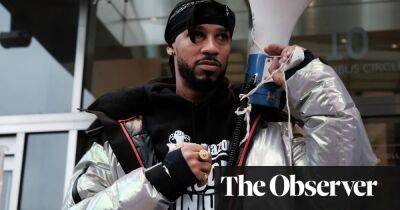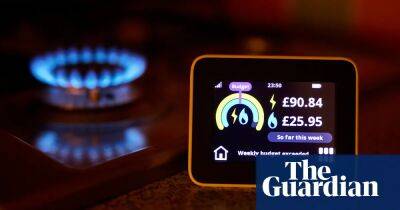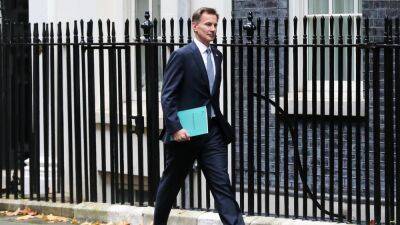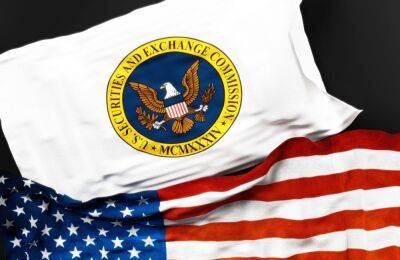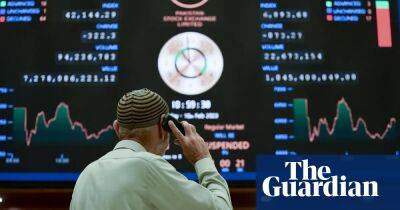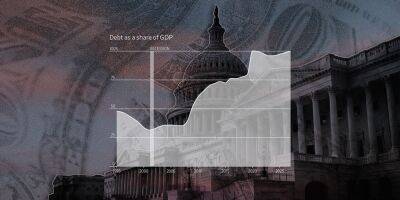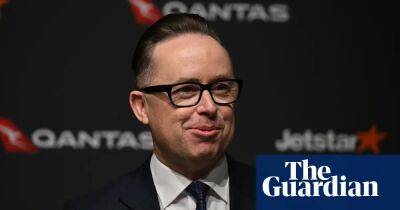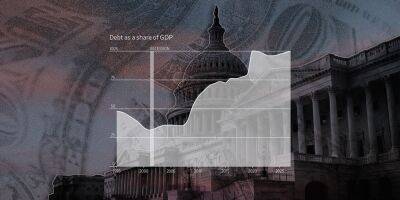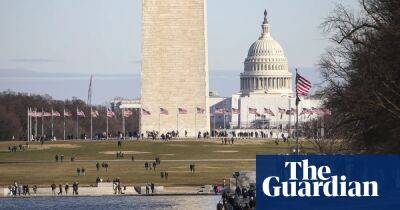Will Jeremy Hunt’s budget cut UK debt or help the public sector?
Inflation is the chancellor’s friend if he only considers his income.
The official figures for the public finances show total tax revenues rose by 13.2% in January from the same month a year ago.
Corporation tax was 27.9% higher after companies jacked up their prices. Self-assessed income tax was up 33.3% and PAYE income tax, which is by far the largest slug of tax receipts, jumped 10.6% above January 2022 on the back of a worker shortage that sent private sector wages up from the pre-pandemic average of 2% to near 7%.
This deluge of cash flowing into Jeremy Hunt’s coffers is welcome news when the government has spent hundreds of billions tackling the effects of Covid-19 and the fallout from the Ukraine war.
It is income that eases the pressure from international investors worried about the UK government’s sanity when the Conservative party handed Liz Truss the levers of power, only for her to push and pull wildly until the economy entered a nosedive.
Hunt can claim that calm is restored and the flight path, while still likely to be bumpy, is a safe distance from the ground.
His dilemma emerges when he looks at the calls on expenditure that will get louder now that he appears to have more money to spend.
Compared with the predictions made last November for the 2022-23 financial year by the Office for Budget Responsibility, his independent forecaster, cumulative borrowing is £30bn less than expected at £108.7bn.
This is £30bn he would prefer to set aside at next month’s budget as part of a plan to bring down the annual deficit and eventually the UK’s total debt pile.
But with public sector pay destined to punish those on the government payroll with the steepest cuts in living standards, unions have other ideas.
His rightwing
Read more on theguardian.com

